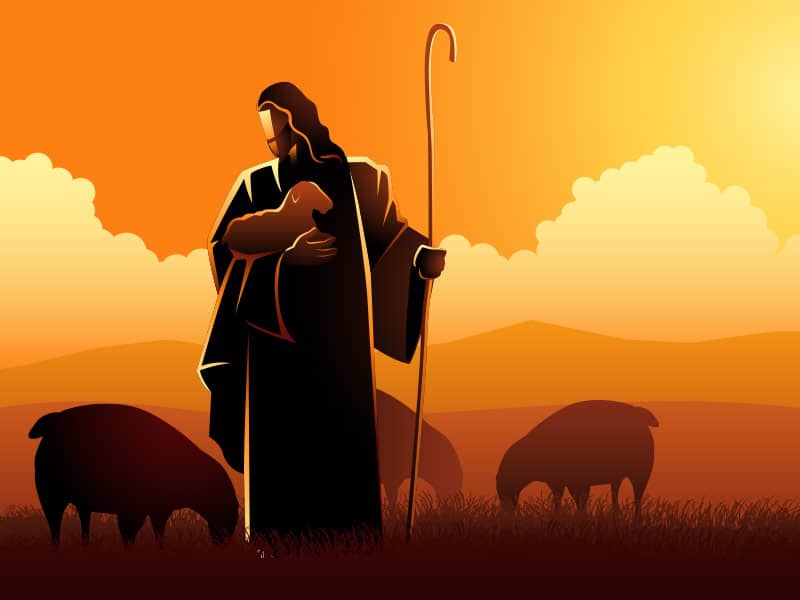A 3-year-old girl was unearthed from the rubble in Anjar, 30 miles southeast of Bhuj, where 400 children were buried under toppling buildings as they marched in a holiday parade.
``She was chanting some Arabic verses,'' said a soldier who participated in the toddler's rescue. ``She was totally unscathed,'' he said, declining to give his name. The girl was a Muslim and the Arabic verses were likely Koranic.
Thousands of others were not so lucky.
Home Minister Haren Pandya of the western state of Gujarat said 6,072 people were confirmed killed in Friday's quake. The toll was likely to go up to at least 10,000, he said. More than 14,500 have been injured, the national government said.
``There are many bodies buried inside, and there are many places with which we have no communications,'' he said.
K.N. Mahure, a fire brigade commander in charge of rescue efforts in Bhuj - the hardest hit area in Gujarat - put the possible toll even higher.
``There may be 20,000 to 30,000 dead in Bhuj alone,'' Mahure said, adding he was basing his estimate on the number reported missing and the number found dead after three days of searching.
``But we are finding people alive,'' Mahure said.
Near where the 3-year-old was recovered, rescuers spent five hours chipping at stones until they freed a 50-year-old man known only as Maganbhai. In shock, he was given sips of water as the workers pounded away at the rubble trapping his legs until they freed him.
Japan offered to send 35 rescuers but they were being held up by bureaucratic delays in India, Shusaki Hirashima, a Foreign Ministry official, said in Tokyo. Japan pledged nearly $1 million in cash and supplies.
On Sunday, relief planes were landing every 10 minutes at Bhuj airport, where the terminal had been flattened but the runway survived.
State carrier Air India announced Sunday it would waive cargo charges for relief material from anywhere in the world destined for the quake site. Jet Airways, a private Indian carrier, also was transporting relief supplies free of charge.
More than half the houses in Bhuj, a city of 150,000 people, were reduced to rubble and the rest were damaged. In the congested old part of the city, dogs, pigs and cows foraged for food in streets made narrower by mounds of rubble.
``We are fleeing for our lives,'' said Harjivan Vyas, 37, a factory worker in Bhuj town. ``There is no drinking water, no food. All houses are destroyed.''
Among the dead were 50 teachers and 400 children parading through the narrow old city streets of Ajnar during Republic Day holiday celebrations. They were killed almost instantly when the earthquake knocked buildings down onto them from either side, said Bangaru Laxman, president of the Bharatiya Janata Party of Prime minister Atal Bihari Vajpayee. Ajnar is 30 miles southeast of Bhuj.
The quake was the most powerful to strike India since Aug. 15, 1950, when an 8.5-magnitude temblor killed 1,538 people in northeastern Assam state.
In Bhuj, air force troops and police followed the sounds of a baby's cry until they made eye contact with her and her mother. Hours later, 18-month-old Namrata was pulled out alive and rushed to an air force hospital, her pulse weak. Her mother, Naina Badrasen Aur, died before rescuers could reach her.
Pandya said even though national and international aid had arrived, authorities urgently need more cranes, gas cutters, vehicles, bulldozers, blankets and medical equipment.
``The quantum of our need is so much more than what we have,'' he said.
Prime Minister Atal Bihari Vajpayee appealed for Indians to contribute, ``no matter how small the amount,'' to help earthquake victims. He said federal emergency funds would not be enough, and noted ordinary Indians had helped the government meet the challenge of previous natural disasters.
Indian Agriculture Minister Bhaskar Barua reiterated at a news conference Sunday that it was the policy of his government, which stresses Indian self sufficiency, not to ask for foreign aid. But he said India was thankful for the foreign help it had been offered, which included money and expert search and rescue help.
Another magnitude-6 tremor shook the area Sunday morning. It was the largest aftershock yet, but no new damage was reported. The quake was centered 12 miles from the epicenter of Friday's 7.9 temblor. Since Friday, more than 275 aftershocks have been reported, 20 of them above magnitude 5.
In a newly developed portion of Bhuj, lime and chlorine disinfectants mixed with the smell of dead bodies. People moved possessions from their homes and set up makeshift camps in two open areas using bed sheets as tents.
``This is death and destruction,'' said a bearded old Muslim man, sitting on a string cot in Bhuj, the worst affected town. He refused to talk about his family and wouldn't give his name. ``I am just an unfortunate Indian. That is enough.''
At least three separate rescue operations were launched in Bhuj in places where residents reported hearing sounds of people. One of the sites was the Vaibhav Lakshmi apartment complex, a five-story building that that completely collapsed in a 15-foot-high pile of debris.
``We don't know who may be in there, but we heard sounds,'' said junior warrant officer R.P. Sachan. ``So many dead bodies have been brought out of this building.''
On Saturday, soldiers among the 5,000 Indian troops deployed in Gujarat rescued two men and a girl after digging through the fallen masonry of their homes in Bhuj.

